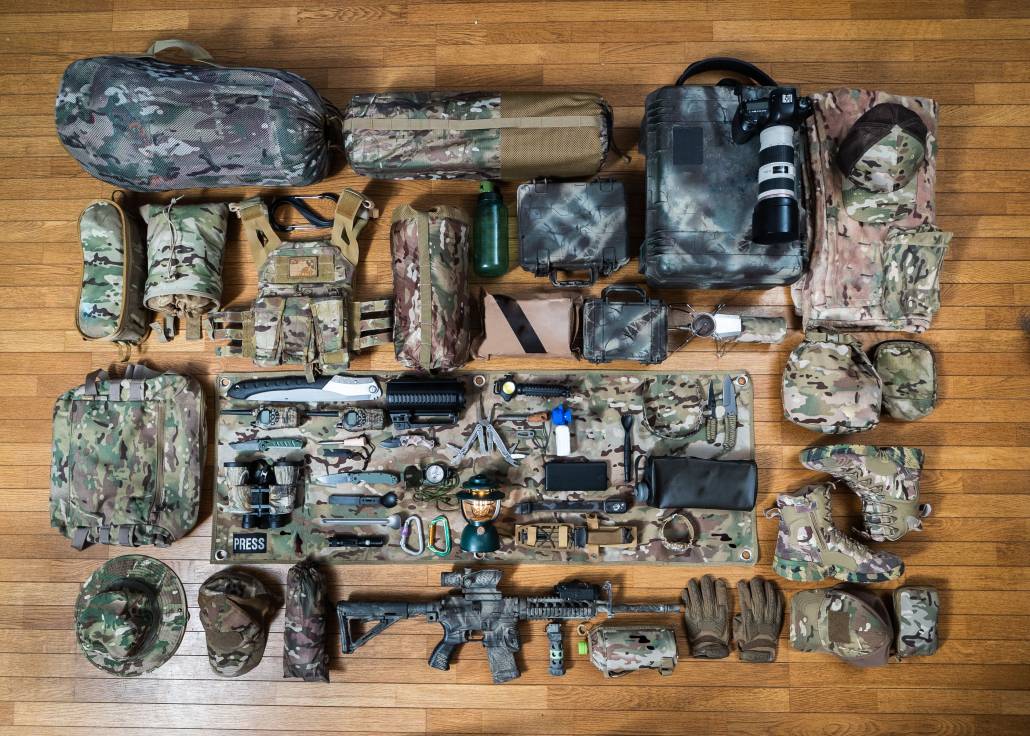The Importance of Family Emergency Preparedness
In the realm of family emergency preparedness, honing survival skills and ensuring comprehensive emergency preparedness are paramount for safeguarding your loved ones in times of crisis. From creating a strategic grid-down to-do list to stockpiling essential supplies and gear, being equipped and informed can make all the difference. Delve into this guide to navigate the essentials of safety and survival, understanding the urgency and importance of readiness for any unforeseen circumstances that may arise.
Understanding the Concept of Emergency Preparedness
Emergency preparedness is the process of planning and preparing for unexpected events that can pose threats to the safety and stability of your family. Whether it’s a natural disaster, a power outage, or any other form of crisis, being prepared means having a proactive approach to managing potential risks. It encompasses knowing what emergencies are most likely to occur in your area, maintaining a supply of essential items, and developing a plan that every family member understands and can execute. The essence of emergency preparedness lies in the ability to stay calm, informed, and ready to react swiftly when time is of the essence. By understanding the fundamentals of emergency preparedness, families can increase their resilience against the impact of disasters and mitigate the risks associated with them.
Why Survival Skills are Essential for Families
Survival skills are a critical aspect of emergency preparedness, especially for families. These skills can make the difference between panic and composure during a crisis. When families are equipped with basic survival knowledge, they can better protect themselves from harm. This includes knowing how to find and purify water, how to create shelter, and how to signal for help. Additionally, survival skills empower families to be self-sufficient, reducing their reliance on external assistance which may not always be available. In situations where every second counts, having the ability to make quick, informed decisions can save lives. It’s not just about enduring the emergency; it’s about emerging from it safely. Therefore, instilling survival skills in each family member fortifies the unit, ensuring that everyone, regardless of age, can contribute to the family’s wellbeing in adverse situations.
Essentials of Emergency Preparedness
The Role of Survival Gear in Emergency Preparedness
Survival gear plays a pivotal role in any emergency preparedness strategy. High-quality, reliable gear can be the difference between vulnerability and security in crisis situations. Items such as multi-tools, flashlights, first-aid kits, and emergency blankets are not just accessories; they are essentials that can facilitate survival in harsh conditions. Survival gear should be selected based on durability, versatility, and ease of use, especially under stress. Having the right gear on hand equips families with the means to address immediate needs, such as injuries, shelter, and signaling for help. Moreover, the presence of this gear can also provide psychological comfort, knowing that you have tangible resources to face challenges. Integrating survival gear into your emergency plan is a step towards ensuring that your family can navigate through the uncertainty of emergencies with greater confidence and capability.
Must-Have Emergency Supplies for Every Family
Every family should have a core set of emergency supplies ready for unforeseen events. This includes non-perishable food items that can sustain each member for at least 72 hours, a sufficient supply of water, and medications that anyone may require. It’s important to have a hand-crank or battery-powered radio to stay informed during power outages. A comprehensive first-aid kit, flashlights with extra batteries, and a multi-purpose tool are also indispensable. Ensure that personal documents, like identification and insurance papers, are easily accessible and protected in waterproof containers. Moreover, consider the needs of all family members, including pets, when gathering your supplies. By having these essentials, families can alleviate some of the immediate hardships during emergencies, focusing on staying safe rather than scrambling for basic necessities.
Promoting Emergency Preparedness within the Family
Teaching Survival Skills to Family Members
Teaching survival skills to family members is a step that should not be overlooked when promoting emergency preparedness. It’s essential to educate each person on basic skills such as identifying safe versus unsafe situations, first aid procedures, and emergency communication plans. For children, this can be done through age-appropriate games and activities that make learning engaging and memorable. Adults and older children should practice more advanced skills, like fire-starting techniques, food procurement, and navigation. Regularly scheduled family meetings to discuss and practice these skills can reinforce their importance and ensure that everyone is on the same page. Encouraging questions and providing clear, simple answers helps to build confidence and competence in each family member. This educational approach ensures that, in the event of an emergency, everyone can contribute to the family’s overall safety and wellbeing.

Integrating Emergency Preparedness into Family Life
Integrating emergency preparedness into family life makes readiness a natural part of daily routines rather than a distant concept. One practical step is to assign specific roles and responsibilities to each family member, fostering a sense of involvement and teamwork. For instance, one person might be in charge of checking supplies monthly, while another ensures that all electronic devices are charged in case of a power outage. Regularly update and discuss your family’s emergency plan, taking into account any changes in your living situation or the needs of family members. Also, involve the family in assembling emergency kits, making sure each person knows what’s in them and why each item is important. By making emergency preparedness a regular topic of conversation and action, families can cultivate a culture of readiness that can significantly improve their response when actual emergencies occur.




